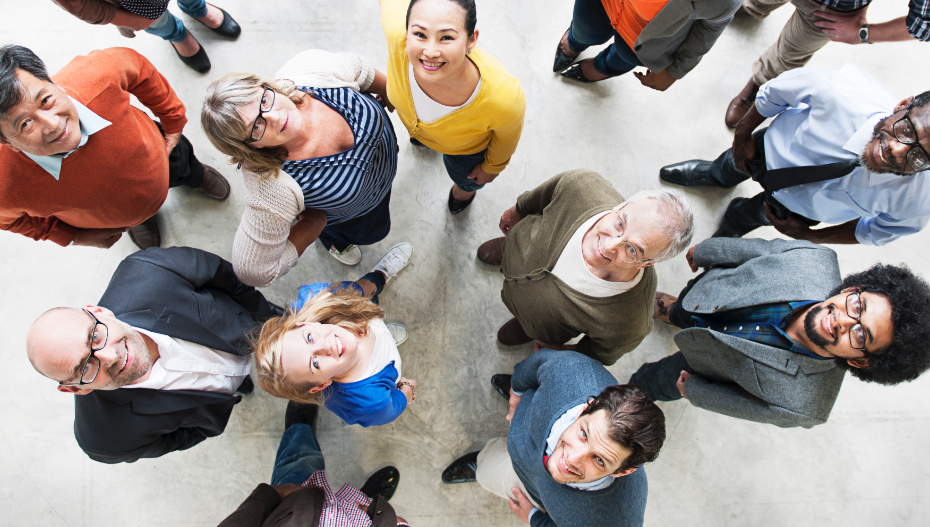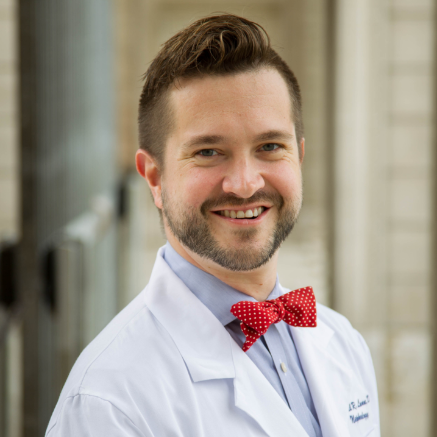

Our website uses cookies, as almost all websites do, to help provide you with the best experience we can. Cookies are small text files that are placed on your computer or mobile phone when you browse websites. LEARN MORE >
Our website uses cookies, as almost all websites do, to help provide you with the best experience we can. Cookies are small text files that are placed on your computer or mobile phone when you browse websites.
Cookies help us:
- Make our website work as you’d expect.
- Provide a message we believe is more relevant to you.
We do not use cookies to:
- Collect any personally identifiable information.
- Collect any sensitive information.
- Pass personally identifiable data to third parties.
You can learn more about all the cookies and the information we collect by reading our Privacy Policy. If you don’t want to use cookies you can either exit the website or change your browser settings.





